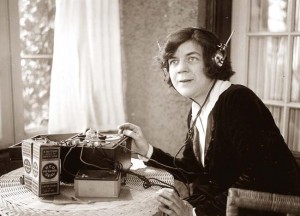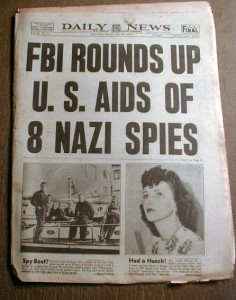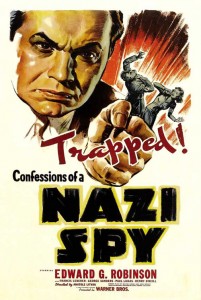“A free people must have both security and liberty. They are warring forces, yet we cannot have one without the other.” -Tim Weiner. Enemies, xv.
I want to start by asking you a question. Was Surveillance right? Is it morally  justified? Many people will tell you it was unconstitutional and evil, others will say it was a necessity against the communist threat in America. Historians and authors have argued over this issue from both sides of the proverbial aisle for decades. The answer probably lies, like in most issues, somewhere in the middle. For now though, it’s useful to go off the premise that there is just no right answer.
justified? Many people will tell you it was unconstitutional and evil, others will say it was a necessity against the communist threat in America. Historians and authors have argued over this issue from both sides of the proverbial aisle for decades. The answer probably lies, like in most issues, somewhere in the middle. For now though, it’s useful to go off the premise that there is just no right answer.
I find it more productive to ask questions whose answers can be found in historical evidence. For example, the question that titles this post. It turns the political issue on its head for instance, to know that one of the most progressive figures of the 20th century was the person who first gave director of the FBI, J. Edgar Hoover, the go a head on technically illegal and unconstitutional wiretaps as well as other systems of surveillance. That progressive man was Franklin Delano Roosevelt, and the reason why he thought intelligence so necessary is rooted in the fear of the Soviet and Nazi spies that lurked within the United States. These spies and saboteurs were very real and very well documented.
Journalist Tim Weiner’s new book Enemies: A History of the FBI is the first book of its kind and gives a detailed and concise narrative of the FBI as an intelligence and surveillance organization rather than a crime fighting institution. Weiner chronicles the serious backlash that occurred after the 1920s when Hoover’s overzealous and shockingly illegal attempts to prove a conspiratorial link between American Communists and the Soviet Union backfired. After this period, often called the First Red Scare, the power of the FBI was drastically rained in by the legislative and judicial branches of the government.[1]
Just as the FBI’s espionage operations seemed to have been overtaken by the more constitutional crime fighting wing, the new president Franklin Delano Roosevelt stepped in to re-grant the FBI secret powers that would have made the fledgling ACLU cringe. FDR, afraid of America’s lack of intelligence organizations and scared of Nazi spies and saboteurs on American soil, began funneling money under the table and without the approval of Congress straight to the FBI. In 1938 the FBI had only 587 full time employees and wiretapping, mail opening, and bugging, were still declared unconstitutional and illegal. By mid 1940 however, in the name of national security and with direct permission from President Roosevelt, the FBI had all but doubled its amount of agents, as well as planted almost 7,000 wire taps and nearly 2,000 bugs without warrants.[2] Memorandums from FDR to his Attorney General Robert Jackson authorizing wiretapping of “suspected subversives” are well documented and often turn up in Government investigations as a root of unconstitutional behavior in the FBI.[3]
These actions were justified by the necessity of surveillance and intelligence during a time of world conflict in order to maintain national security. It was this precedent (aided by Hoover’s public relation campaigns to expose the domestic communist threat in the post-war period), that kept America in a perpetual state of extenuating circumstances.
[1] Tim Weiner, Enemies: A History of the FBI. New York: Random House, 2012. Pp. 59.
[2] Weiner, 88.


